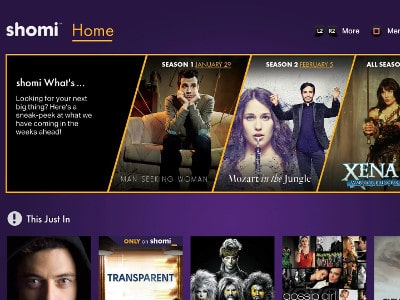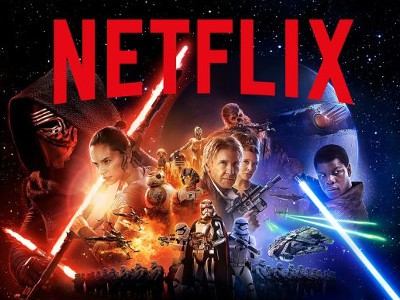

Almost three years after the CRTC rejected an appeal filed by over-the-air broadcasters to regulate Netflix, the Canadian regulatory authority is being petitioned again by the CBC to specifically force Netflix to pay into the Canadian Media Fund.
At that time, Netflix had 800,000 subscribers and was projected to crack the 1 million mark by the end of 2011. Today, Netflix no longer discloses its subscriber information, but the Canadian Media Producers Association estimates that Netflix has approximately 6 million subscribers.
And now the CBC has filed a petition with the CRTC that any “over the top” service, such as Netflix or iTunes, with earnings over $25 million should be required to pay into the CMF, for the purpose of contributing to Canadian produced TV programming.
In its defense, Netflix’s director of global public policy, Corey Wright, wrote in an 11-page submission filed with the CRTC on June 27 that “Canadian content was thriving online”, rendering the extra revenue flowing from regulating Netflix gratuitous.
Referring to the CBC petition as a “Netflix tax”, the company has already signalled that any demand for it to pay into a fund which it claims it cannot access would be passed along to the consumer. Such a tax, the company writes, would “amount to subsidizing productions made primarily for Bell, Rogers, Shaw/Corus and Videotron, who would acquire exclusive online streaming rights in addition to broadcast rights.”
In its own June 25 petition to the CRTC, the Canadian Media Producers Association notes that “regardless of whether it siphons subscribers from licensed BDUs (Broadcast Distribution Undertakings, a.k.a. Networks) or simply supplements subscribers’ television viewing, Netflix has found a profitable business model for its Canadian operations, and the magnitude of its operation in Canada has made it a significant player not just in the OTT space but in the context of the entire Canadian broadcasting system.”
Although the Netflix appeal to the CRTC speculated that any regulation “might translate into an increase in price without … a commensurate benefit for Canadian content, its producers, or Canadian consumers,” it did not mention whether being forced to contribute to the CMF might have an upside in the production of any Canada-specific programming, such as HBO Canada currently produces.
[newsletter_signup]
In the past, Netflix’s version of providing Canadian content has been to license several shows including “Murdoch Mysteries” and “Republic of Doyle” from the CBC.
Given that the CRTC has recently decided against regulating Netflix, albeit when it was a much smaller player only three years ago, the regulator may decide against reversing that decision so soon. On the other hand, if Netflix is regulated and forced to pay into the CMF, should it not be expected to produce original Canadian content, as it boasts of doing south of the border with “House of Cards” and “Orange Is the New Black”?
With the CBC’s role in the Canadian media landscape reduced now, with the loss of CBC Sports and its entire documentary unit, to something more like an app than a television broadcaster, one can see how it might try to preserve what little influence it currently has.
One presumes, however, that although the CBC is taking the lead in making the complaint against Netflix, it’s likely that “Bell, Rogers, Shaw/Corus and Videotron,” as singled out in the Netflix petition to the CRTC, are tacitly supporting the public broadcaster’s bid, and that given the optics of vertical integration (cable companies who are also ISPs, otherwise charitably known as double-dipping), the Big Three are happy to let the CBC do their dirty work. The CBC for its part has nothing to lose.
Beneficiaries of the CBC succeeding against Netflix would be TSN, with its CFL programming, and shows broadcast on other Canadian networks, such as “Rookie Blue” and “Orphan Black”.
Netflix, after all, is nothing but a drain in the form of bandwidth on the major ISPs, such as Bell and Rogers, who impose arbitrary data caps as a method of artificially strangling competition from (surprise!) Netflix.
Is the CBC complaint simply the sound of the band playing “Nearer My God To Thee” on the Titanic as it sinks, or a legitimate grievance against rigged competition? Or is it time for Netflix to grow up, stop denying that it’s a broadcaster, and agree to be regulated, like every other Canadian media player?
Leave a Reply
You must be logged in to post a comment.






 Share
Share Tweet
Tweet Share
Share




Comment